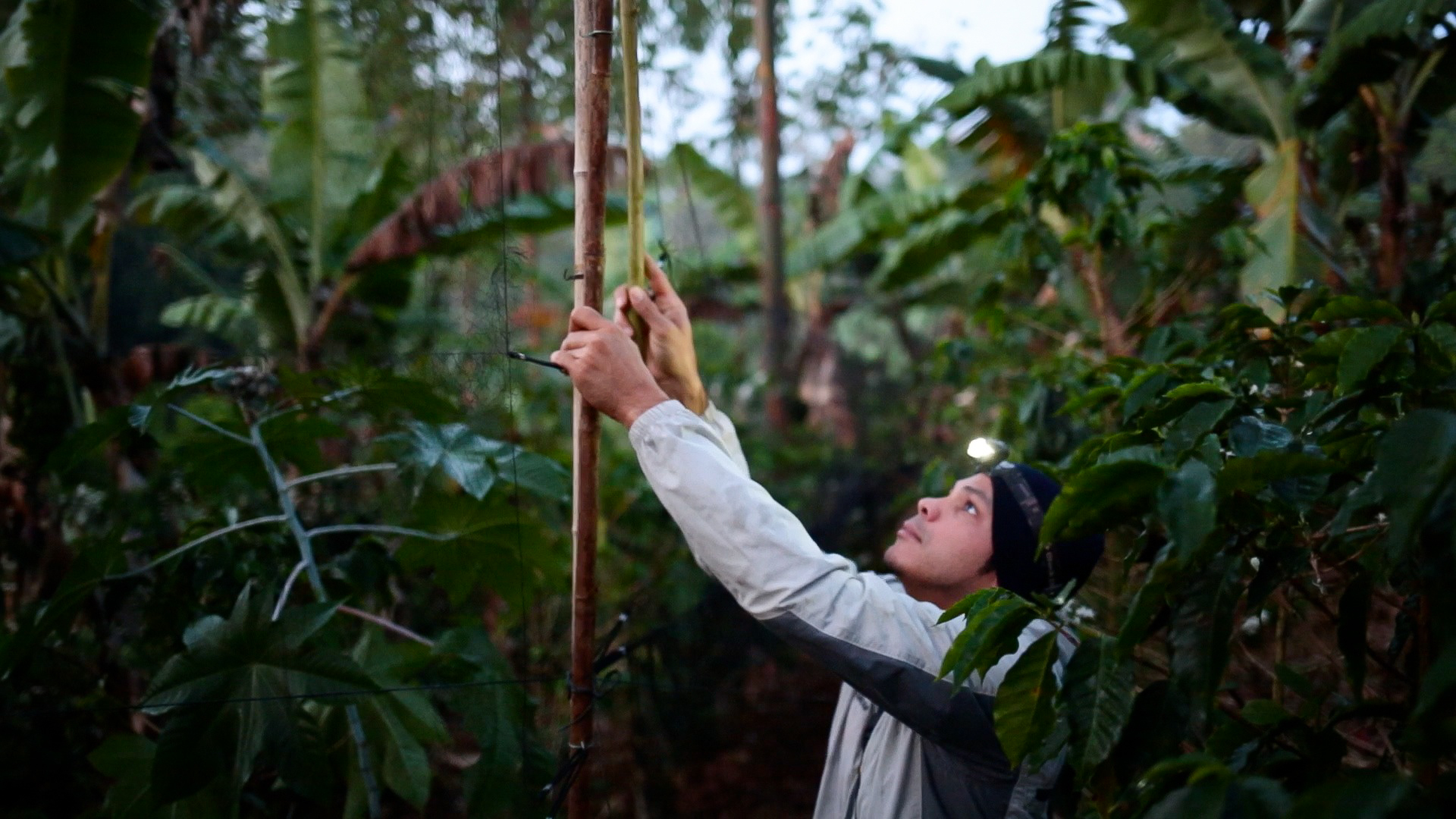
It’s the biggest week yet for the “Food for 9 Billion” project, with five stories scheduled to air on PBS NewsHour and two on PRI’s The World.
Today on the NewsHour, Sam Eaton visits Costa Rica, where farmers and researchers are finding that biodiversity isn’t just good for the environment, but also boosts productivity and profits. Also today, on The World, Mary Kay Magistad eats a meal with the organizers of a grassroots campaign to cut down on food waste in China, where leaving food on your plate is a sign that you’ve made it.
Tuesday on the NewsHour, Jon Miller travels to Qatar to visit a high-tech experiment in transforming sunlight, seawater and carbon dioxide into food, fuel and fresh water. On Wednesday, also on the NewsHour, Sam reports on an ultra-efficient vertical vegetable farm in Singapore.
On Thursday, Jon reports for The World from Uganda, where scientists and activists have staked out very different positions on genetically engineered virus-resistant cassava. Also on Thursday, on the NewsHour, Sam visits farmers in India who are returning to their traditional seeds to protect themselves against the ravages of climate change.
Finally, on the NewsHour on Friday, Serene Fang and Susanne Rust of the Center for Investigative Reporting look at California’s resource-hungry dairy industry, which is turning to China as domestic markets dry up.
As always, if you can’t catch the stories on the day of broadcast, they will all be archived at Foodfor9Billion.org, along with slideshows, interactive graphics and other goodies.